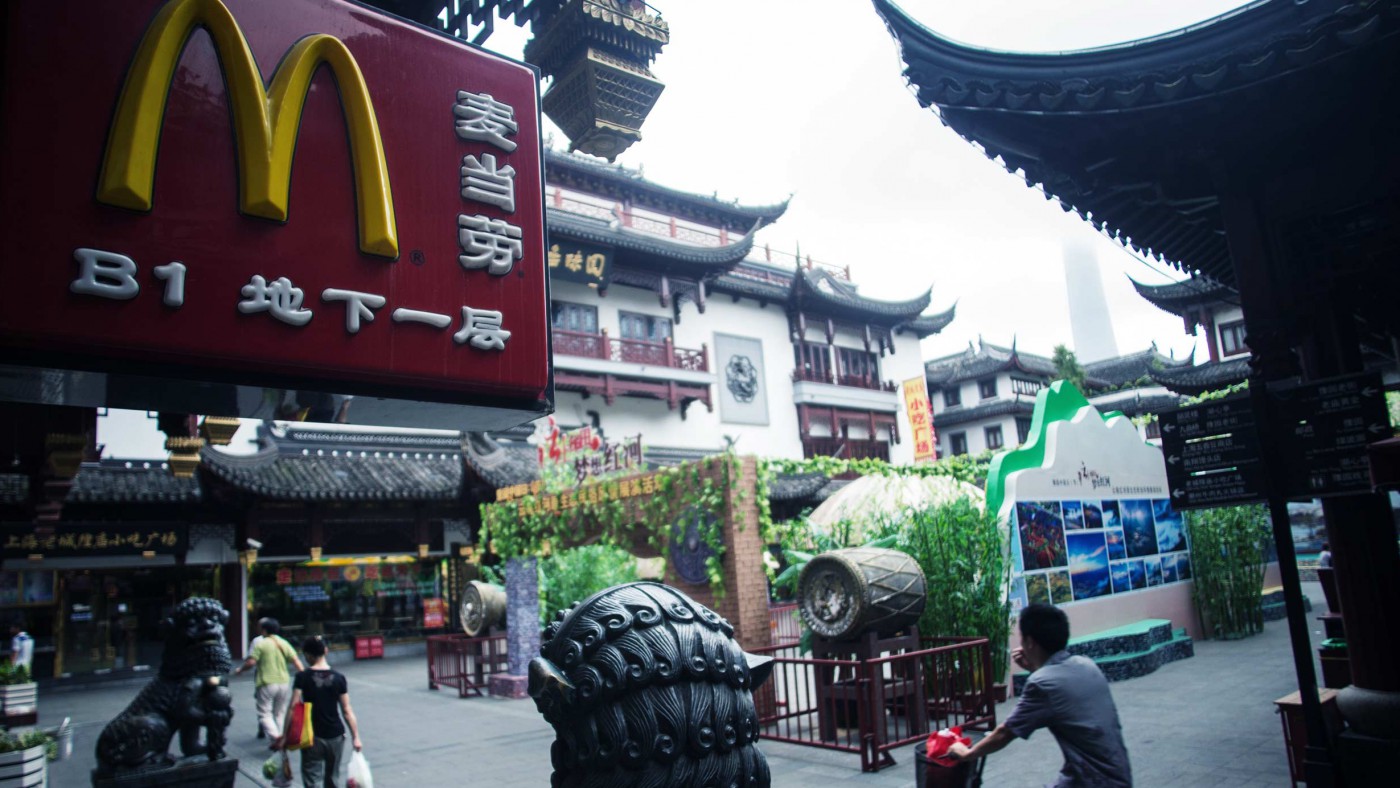This is the weekly newsletter from CapX. This week, it has been delivered by Tim Montgomerie, who is producing a report for the Legatum Institute on the reform of capitalism. To receive the newsletter by email every Friday, along with a short daily email of our top five stories, please subscribe here.
I’ve just finished reading Arundhati Roy’s “Capitalism”. Can I recommend that you don’t follow my lead? Even The Observer described it as “an extended rant, strident, intemperate, conspiratorial, and relentlessly one-eyed”. Every ill of the world – particularly in Roy’s India – is blamed on capitalism. The suicides of farmers. City slums. Intensified racism. And, of course, the climate. Roy jumps the shark – in my mind – when she blames capitalism for the atom bomb drops on Hiroshima and Nagasaki. Apparently, all America’s wars have been fought to protect the USA’s economic way of life. It’s a shame Hitler and Hirohito can’t read Ms Roy. They’d be pleased to know that they are off the hook.
This week capitalism has been blamed for the turbulence we’ve seen in global markets – originating from China. The reality is that much of the turbulence in China reflects clumsy government interventions. The Chinese authorities have been trying to buck the market and some estimates suggest they spent $200 billion trying – unsuccessfully – to sustain the Shanghai index. They have learnt that you can’t manipulate prices for long. You simply delay the correction and make it more dramatic when it does eventually arrive. Britain had a similarly painful tutorial in basic economics in 1992 when efforts to keep the pound at an artificial exchange rate against the German mark ended in economic and political humiliation for John Major’s government.
But if “capitalists” don’t want to take the blame for current events in China then perhaps they/we shouldn’t try and take so much of the credit for Chinese capitalism’s contribution to the massive declines we’ve seen in global poverty over recent decades. The ability to make profits, enjoy safe property rights and trade with the rest of the world has transformed countries like China – but it remains a complicated country characterized by dangerously toxic links between the communist party elites and industrialists. The recent deadly explosions in Tianjin may have been one very public product of these toxic links. Research published in the Harvard Business Review suggested that worker deaths are five times more likely in politically well-connected Chinese enterprises (presumably because, among other things, they get away with health and safety violations) than non-connected enterprises. I shudder to think about what other hidden problems are ticking away inside state-owned or state-orbiting enterprises. The many blends of global capitalism have, nonetheless, underpinned undeniable global progress against poverty. Earlier this week CapX pointed to the news that extreme poverty (living on less than a dollar per day) has dwindled to just 5% of the world’s population. That’s still 5% too high but a huge advance on the days when communist nations were communist by economic system as well as by name.
But if countries like Communist China and the “Socialist Republic of Vietnam” (the world’s biggest fan of free market economics according to Pew Research) are misleading names for the economics they practice I have a question for readers of a site called “CapX”: are we using the right term for what we believe in when we use the word “capitalist”?
We should start by recognising that capitalism was a term invented by its opponents. The revolutionary French socialist Pierre-Joseph Proudhon – often known as the “father of anarchism” and best known for his dictum that “property is theft” – was probably the first person to ever use the term. For Proudhon it meant “property-owner”. Writing for the left-wing, US-based website, The Daily Kos, Dustin Mineau notes how none of the leading free market US think tanks used the term during the post-war period. The Institute of Economic Affairs, on this side of the Atlantic, doesn’t use the term on its “About” page either. The IEA simply describes its mission as “to improve understanding of the fundamental institutions of a free society by analysing and expounding the role of markets in solving economic and social problems”. Free marketeers only started to use the word capitalist in a serious way after Milton Friedman wrote “Capitalism and Freedom”, published in 1962. Until then socialists had a near monopoly on the term – but Friedman never liked monopolies and he ended that one. But was he wise to?
A poll I recently discovered on the Reason.com website got me thinking. Carried out in August 2014 it found that 55% of Americans had a favourable idea of capitalism. Not bad given the economic cataclysm of 2007/2008. Capitalism was much more favoured than socialism (which had a 36% favourable rating) and a “government managed economy” (30% favourable rating). But beating capitalism by 69% to 55% was the “free market”. Only 21% had an unfavourable view of the free market. Nearly twice as many – 38% – had an unfavourable view of capitalism.
The Reason-Rupe poll shouldn’t just prompt a shift of language from those of us who believe in the superiority of private enterprise. It should prompt a deeper shift of thinking. Away from capitalism and its connotations of large businesses, politically well-connected tycoons and large banks that are too big to fail and towards a free market of competitive, dynamic and customer-orientated businesses. In thinking more carefully about the language we use we might also think more carefully about what is good about the different blends of democratic capitalism that are out there – and which models have lost their way.


